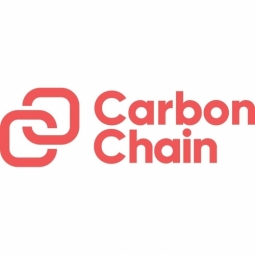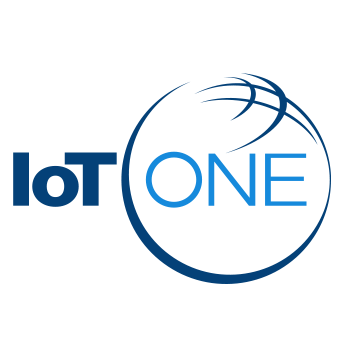Suppliers
United Kingdom
CarbonChain
Overview
This profile is not managed yet, if you would like to manage
this profile, please contact us at team@asiagrowthpartners.com
this profile, please contact us at team@asiagrowthpartners.com
 |
CarbonChain |
| United Kingdom | |
| London | |
| 2019 | |
| Private | |
| $10-100m | |
| 11 - 50 | |
| Open website |
IoT Snapshot
Technology Stack
Case Studies
Number of Case Studies6
|
Mocoh's Transition to Lower Carbon Emissions with CarbonChain
Mocoh, a Geneva-based company supplying essential energy and resources across Africa, was facing a significant challenge in managing its greenhouse gas (GHG) emissions. In 2021, the company had little to no visibility of the carbon footprint or intensity of its oil and oil product trades. Mocoh wanted to lead the way in identifying sources of carbon emissions across its supply chain and publishing its findings. The company recognized the importance of transparent information and collaboration with all stakeholders in the complex energy transition. However, to do this, Mocoh needed to start measuring emissions from across its supply chain. The goals were to inform regulators with data-led information, understand the scale and structure of emissions in its products and transaction logistics, identify opportunities to reduce carbon intensity, and proactively and transparently share data with stakeholders. |
|
|
Concord's Journey to Industry-Leading Carbon Insight for Trade Portfolio
In 2019, Concord, a leading global independent metals and minerals trader, aimed to pioneer Scope 3 carbon footprinting in the commodities sector. However, the company faced the daunting task of analyzing over 10,000 trades, identifying key upstream assets, and bridging the notorious data gap for extractive emissions. Concord's supply chain emissions were the most significant, especially in the carbon-intensive commodities industry. The company wanted to take a market-leading approach, defining best practice in carbon accounting for commodity trading. Concord needed to quantify its total Scope 3 CO2 output, benchmark its performance, break down the emissions sources, and compare trades, suppliers, and assets. The company required accurate, verifiable, and comprehensive emissions calculations that all stakeholders could trust, covering all of its approximately 10,000 annual trades and the end-to-end supply chain for each one. The in-house execution of this task seemed impossible due to the volume of manual data collection and analysis required and the shortage of reliable emissions data for the extraction, production, and transport of commodities. |
|
|
Driving Carbon Reductions in Trade Finance: A Case Study on Societe Generale and Concord
Societe Generale, a leading European financial services group, was facing a challenge in understanding the carbon footprint of its commodity trade finance portfolio. The company needed granular, actionable data to analyze its trade loan portfolio’s emissions and comprehend the carbon footprint of complex individual supply chains it finances globally. The commodities financed, such as oil, gas, metals, and agricultural materials, are some of the most carbon-intensive products. Therefore, understanding the embedded emissions in these financed trades was a critical first step towards reducing them in line with Societe Generale’s sustainability goals. However, obtaining accurate, asset-level emissions data for extractive and agricultural commodity supply chains was complex. The company sought to support its clients, like Concord Resources Limited, in their journey towards carbon neutrality, but lacked the necessary data to do so effectively. |



